health care
-
Archive
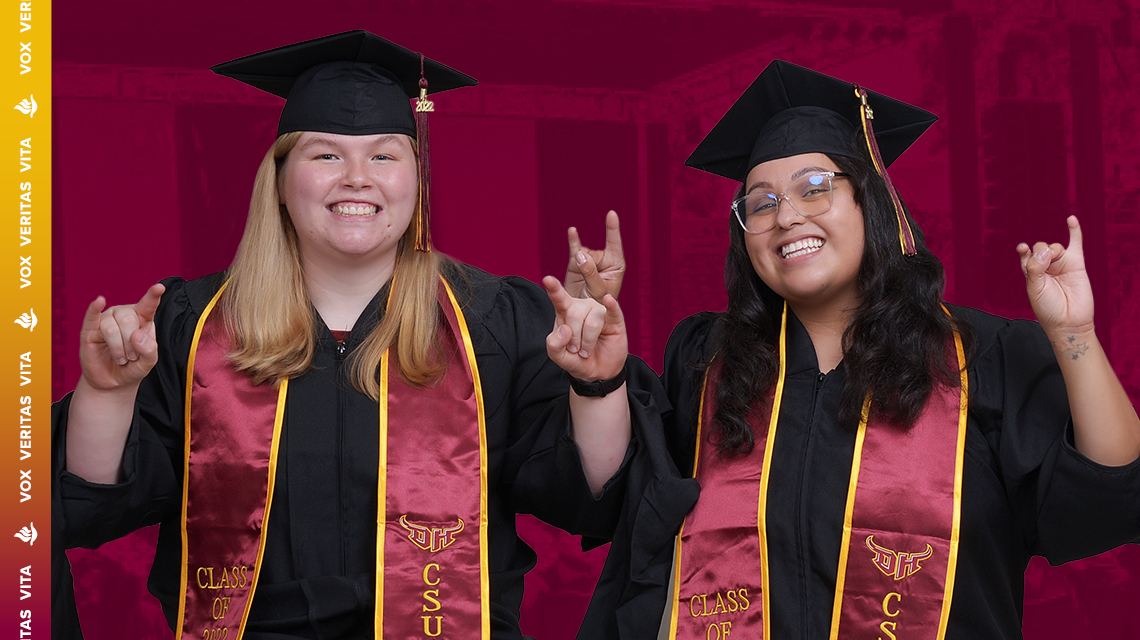
Aspiring Prosthetist Grads Specialize in Empathy
For Martha Bretado and Rachel Kroener, the field of prosthetics is about much more than creating new artificial limbs for…
-
Archive
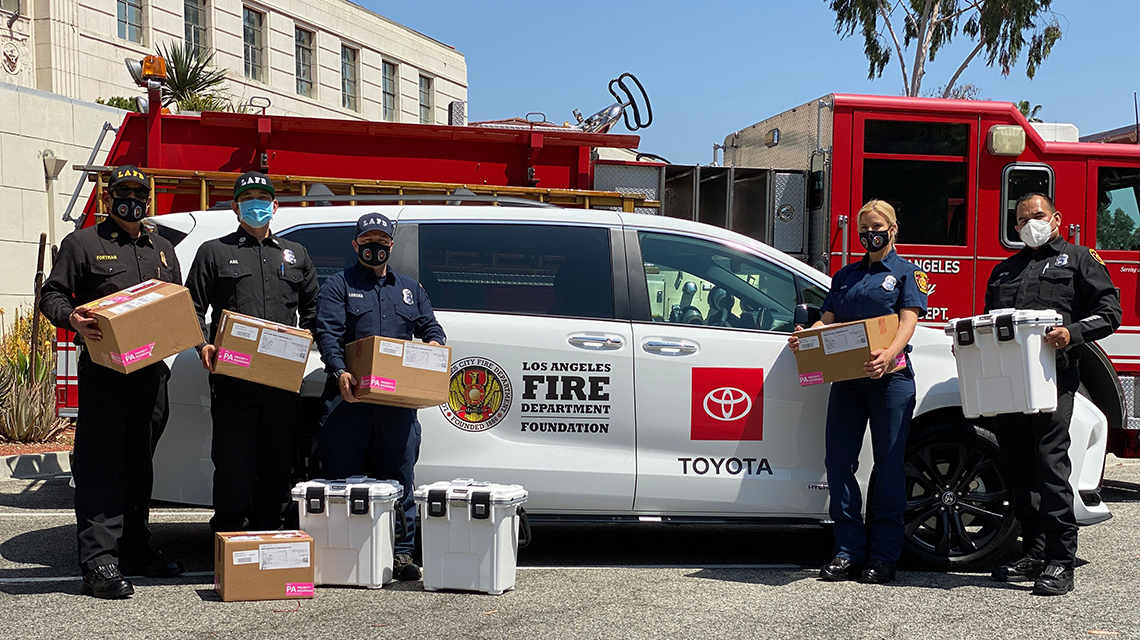
Nursing students partner with LAFD in vaccine rollout
Throughout the COVID-19 pandemic, Toros have sought innovative ways to help frontline workers, promote health and safety, and assist those…
-
Archive
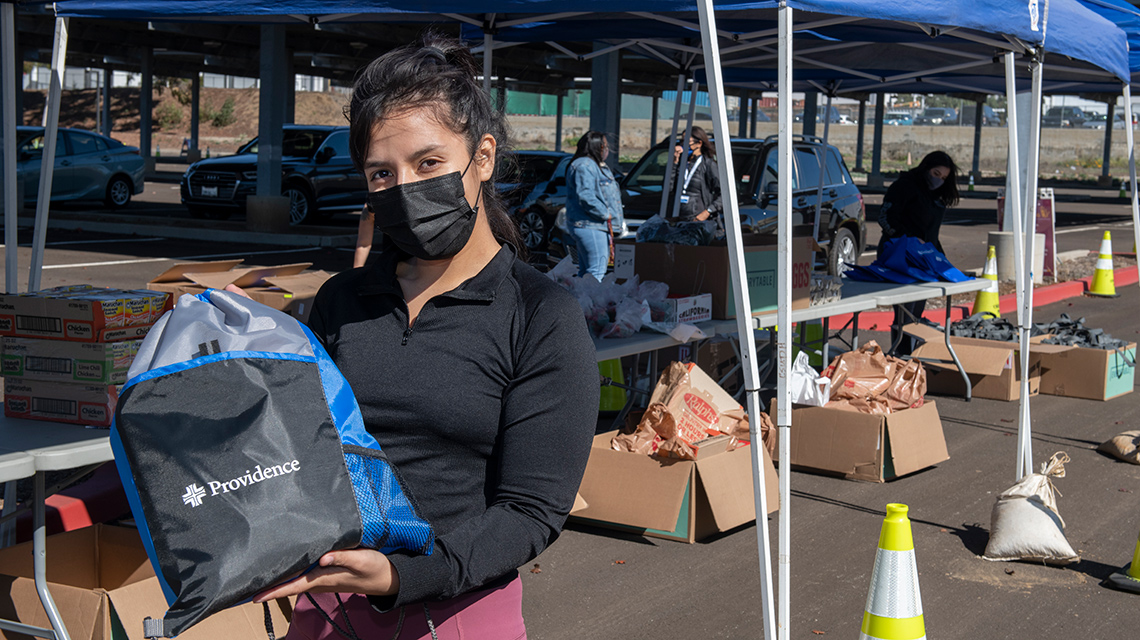
Providence Health Donates 1,500 COVID-19 Supply Kits to Students and Staff
Kenya Beckmann felt good as she turned into Parking Lot 1 at California State University, Dominguez Hills (CSUDH) and saw…
-
Campus News
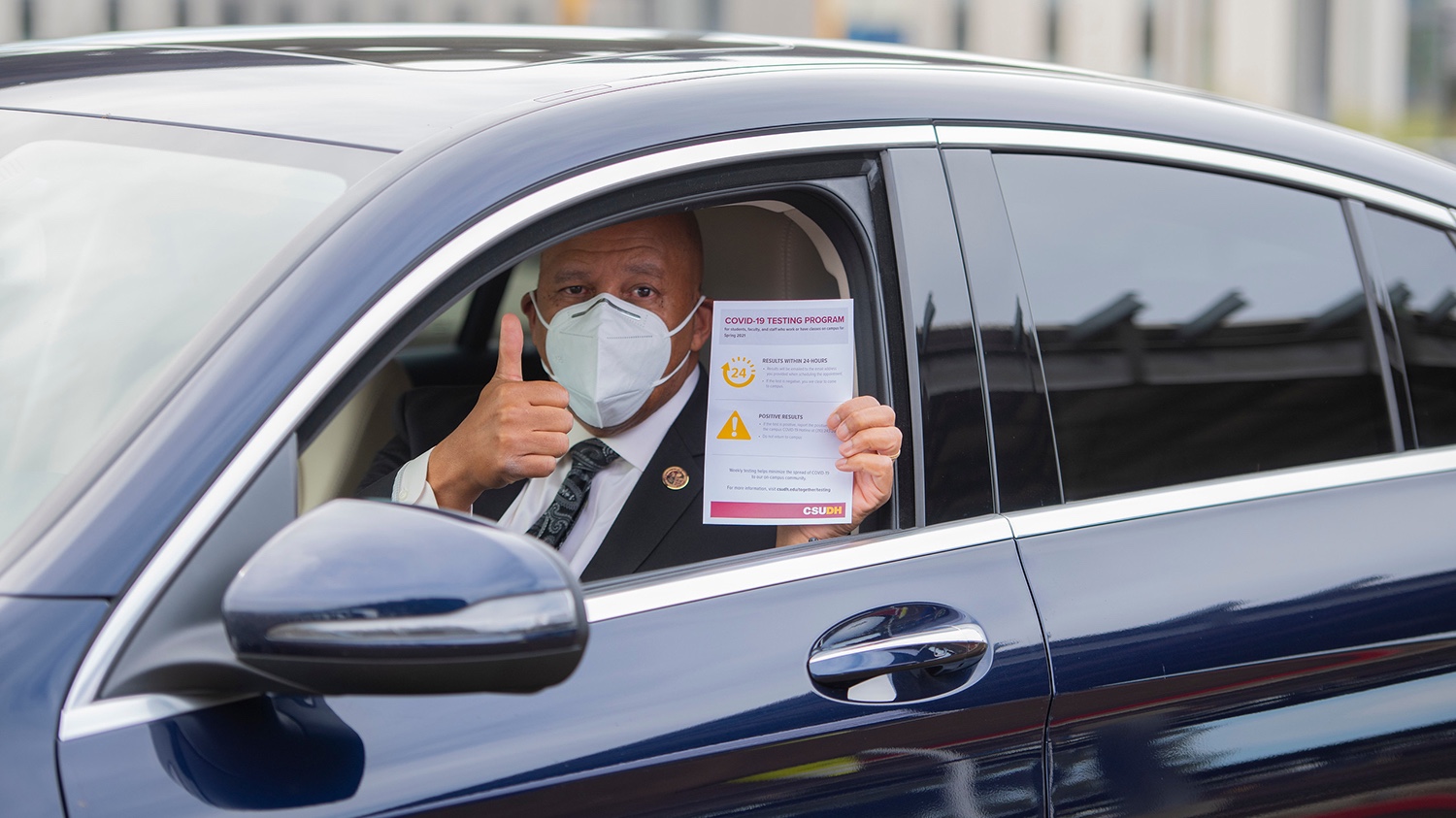
New COVID-19 Testing Protocols Take Effect
With COVID-19 cases surging throughout Los Angeles County, CSUDH has enacted a new testing program for students, faculty, and staff…
-
Features
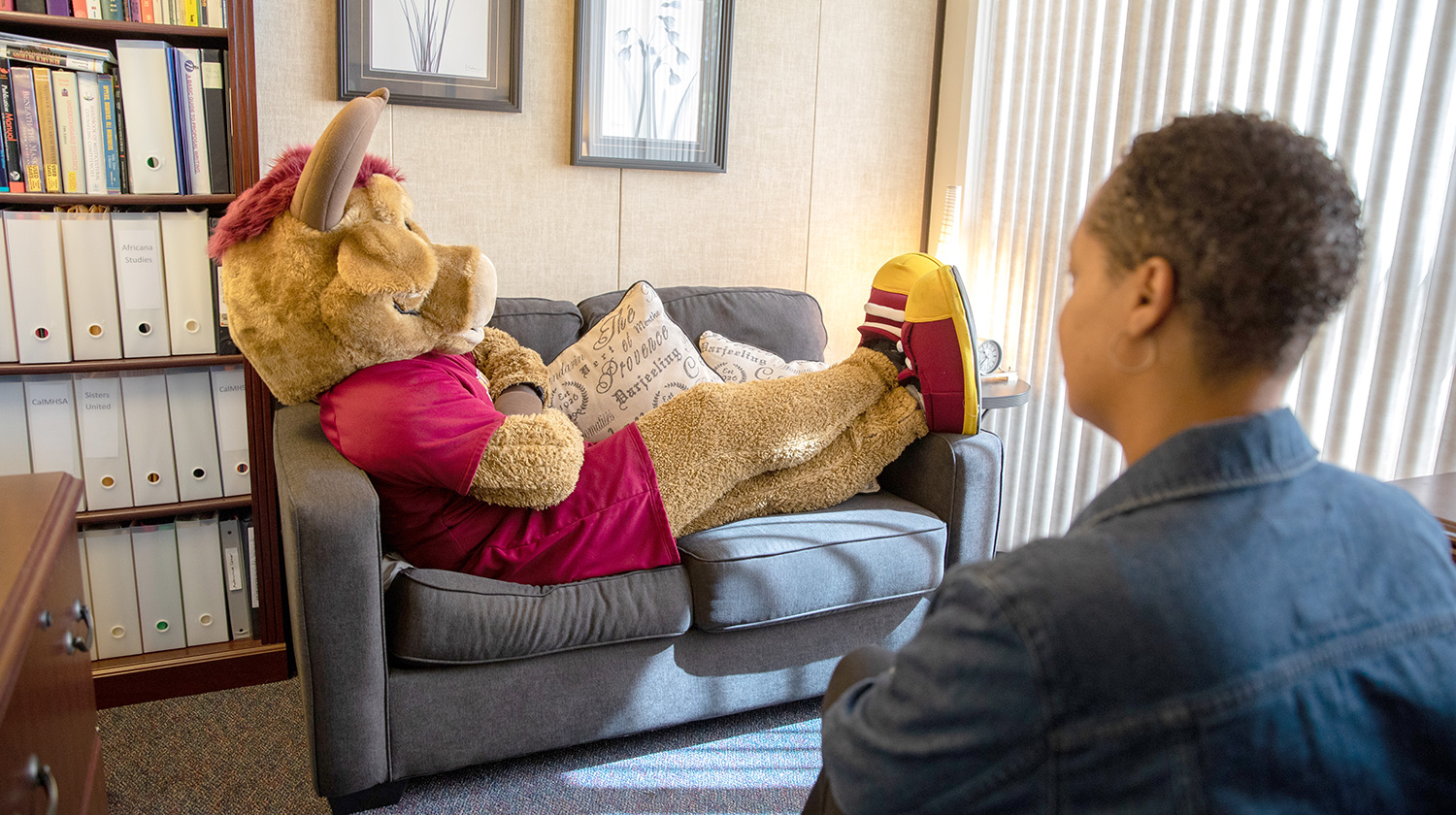
Tiffany Herbert Leads New Independent Student Psychological Services
With an eye toward strengthening the university’s mental health services, CSUDH’s Student Psychological Services has become independent from Student Health…